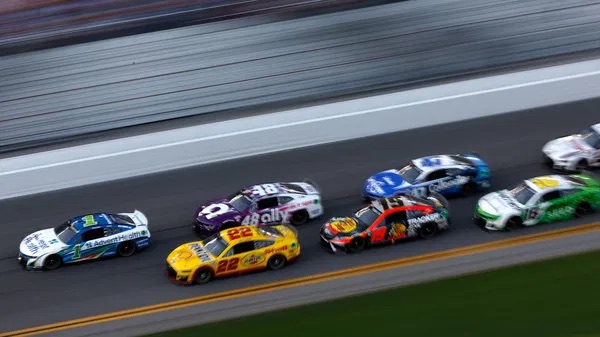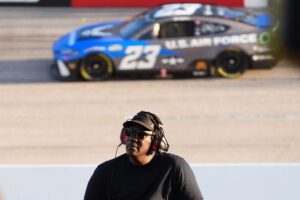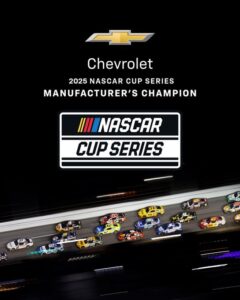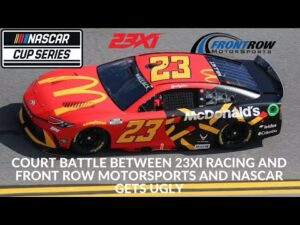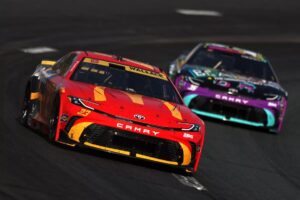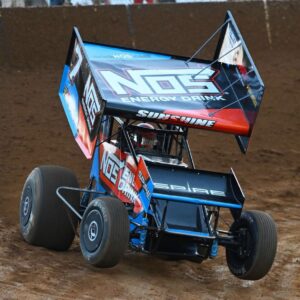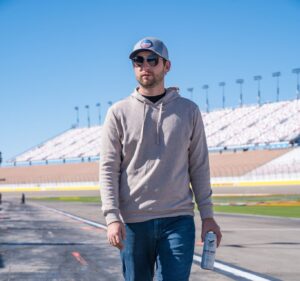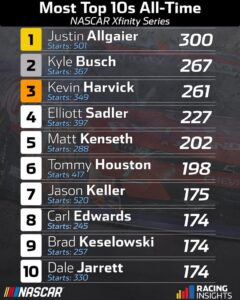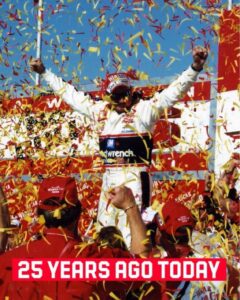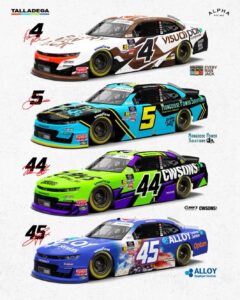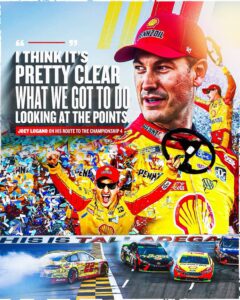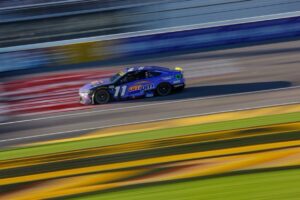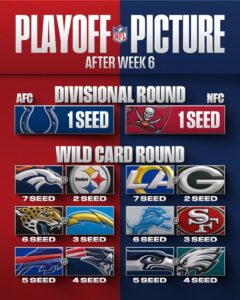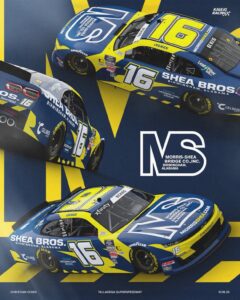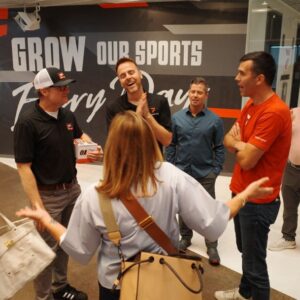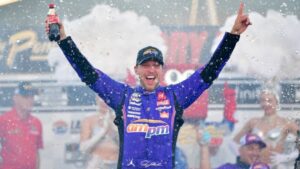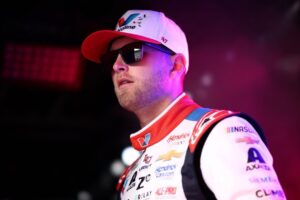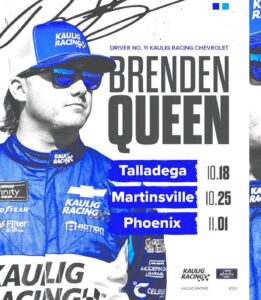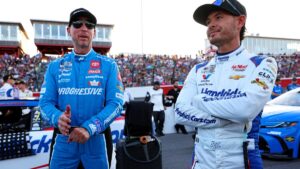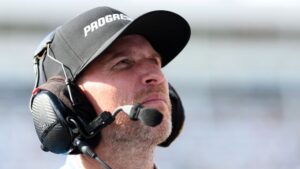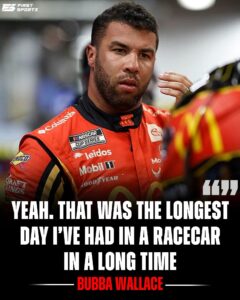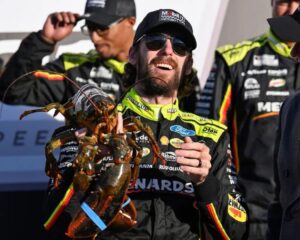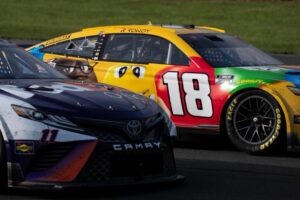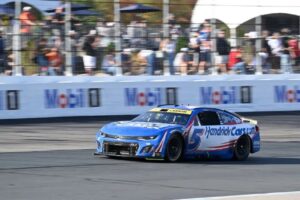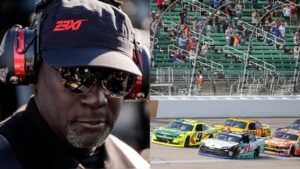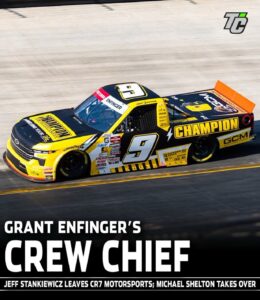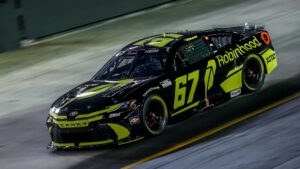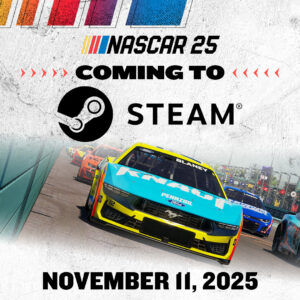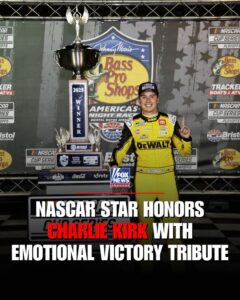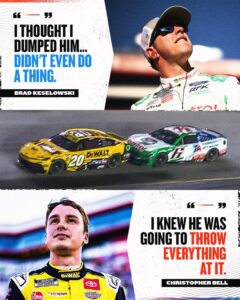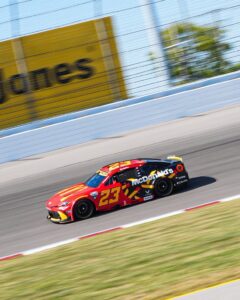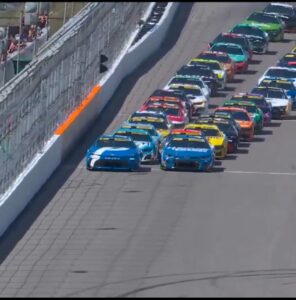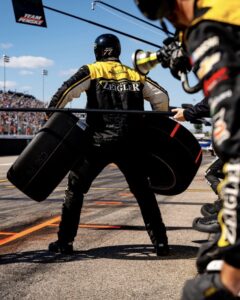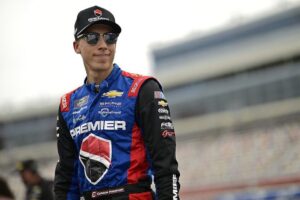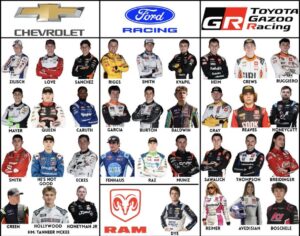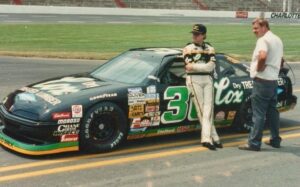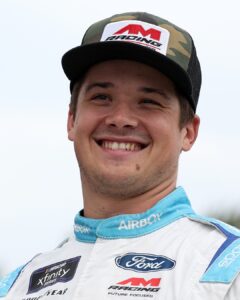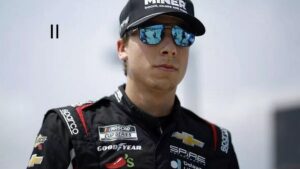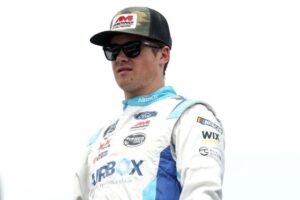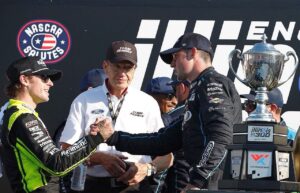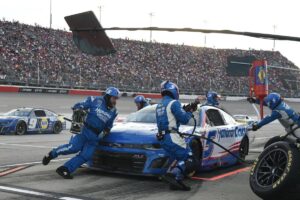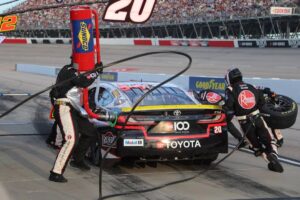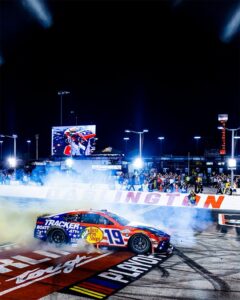NASCAR has long been a sport that thrives on speed—both on the track and in its search for fresh, youthful talent. As the industry increasingly leans toward younger drivers, insiders are reflecting on the sport’s obsession with youth and how it impacts the careers of veteran racers.
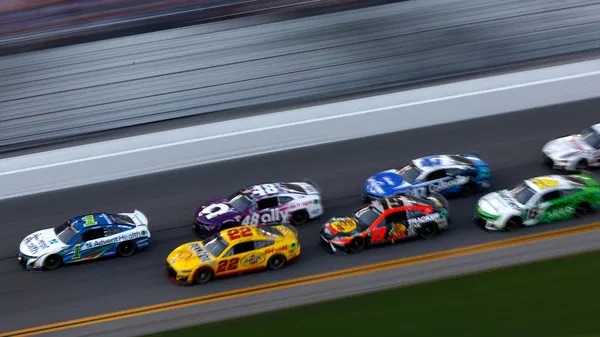
From the rising prominence of teenagers in elite series to the challenges faced by seasoned drivers to stay competitive, the debate about age and relevance in NASCAR has never been more poignant.
The Youth Movement
The past decade has seen a seismic shift in NASCAR’s talent pipeline. Drivers barely out of high school, like Ty Gibbs and William Byron, are being fast-tracked into Cup Series rides, often before their 21st birthdays. With teams and sponsors eager to appeal to younger audiences, the focus on developing the next big star has intensified.
“There’s a lot of pressure to find ‘the next Jeff Gordon,’” said a longtime team executive. “Sponsors want young, marketable drivers who can connect with fans and deliver results for years to come. That’s driving the push for youth.”
In recent years, drivers like 20-year-old Carson Hocevar and 18-year-old Sammy Smith have proven that age is no barrier to success, often outpacing more experienced competitors.
The Challenge for Veterans
While the youth movement dominates headlines, veteran drivers like Kevin Harvick, Martin Truex Jr., and Denny Hamlin have demonstrated that experience still matters. Harvick, who retired after the 2024 season at age 48, remained a championship contender until the end of his career. Truex Jr., now in his final season, continues to show flashes of brilliance, even as younger drivers dominate the spotlight.
“You can’t replace experience,” said one veteran crew chief. “A lot of these younger guys have raw talent, but it takes years to develop the racecraft and decision-making that someone like Truex or Hamlin brings to the table.”
Yet, as NASCAR continues to prioritize youth, veteran drivers often face limited opportunities to stay competitive. Teams with limited budgets are more likely to invest in younger, cheaper talent, while experienced drivers may struggle to secure top-tier rides.
The Role of Sponsors and Marketing
Sponsors play a pivotal role in NASCAR’s youth-driven culture. Companies see younger drivers as more marketable to younger fans, particularly in the social media age. Drivers like Ryan Blaney and Chase Elliott have built massive fan followings by combining on-track success with off-track relatability.
“There’s a lot of emphasis on social media and branding,” said a PR executive for a major NASCAR sponsor. “Younger drivers are often more comfortable in that space, and that makes them attractive to sponsors who want to engage with new demographics.”
Balancing Youth and Experience
Some insiders believe NASCAR’s focus on youth may come at the expense of long-term sustainability. While younger drivers bring excitement, veterans offer stability, consistency, and a wealth of knowledge that can’t be overlooked.
“Fans connect with drivers they’ve watched for years,” said one analyst. “If NASCAR wants to maintain its loyal fanbase, it needs to strike a balance between nurturing young talent and respecting the contributions of veteran drivers.”
Shifting the Narrative
Despite the challenges, some veteran drivers are finding ways to stay relevant. Denny Hamlin, at 43, remains a title contender while simultaneously building a legacy as a team owner with 23XI Racing. Kurt Busch transitioned into a mentorship and ownership role before health issues cut short his driving career.
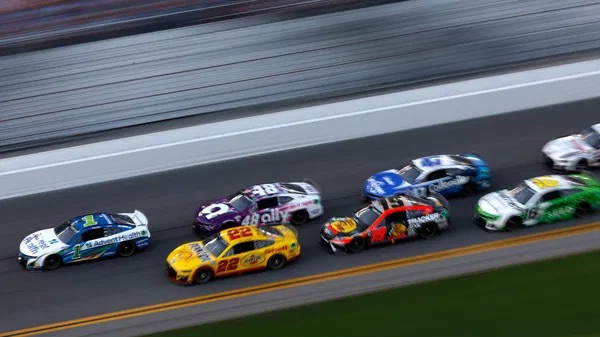
“Being older doesn’t mean you’re out of the game,” said Hamlin in a recent interview. “You just have to adapt. It’s about using your experience to stay competitive and find ways to evolve with the sport.”
The Future of NASCAR’s Age Debate
As NASCAR evolves, the debate over age and youth will likely continue. While young drivers will always capture attention with their raw talent and potential, veteran drivers will remain essential to the sport’s foundation.
In a sport built on speed, there’s always room for those who can master the long game. Whether young or old, every driver brings something unique to NASCAR’s fast lane—a fact that fans, teams, and sponsors are beginning to appreciate in new ways.
